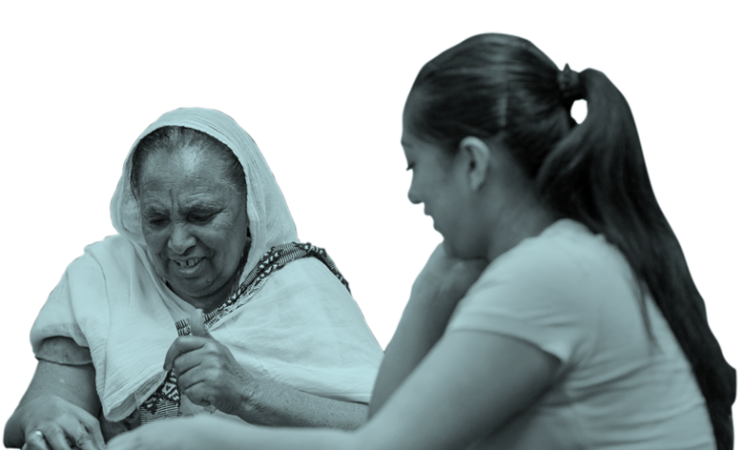Supporting Learners with Disabilities with Expert Learning
Welcome to this month’s edition of our series of tutor tips for enhancing access and supporting learners with disabilities. Our topic this month is expert learning.
The core idea of expert learning is that the most important skill for a learner to master is the skills of how to learn.
The goal is twofold:
- For each learner to come to understand themselves as a learner—to understand their own learning needs and preferences, and the tools and supports that work for them.
- For our classrooms to empower learners to deploy this mastery to reach their own educational goals.
How does expert learning relate to accessibility? Here’s one way to think about it. Each person is the expert on their own experience of their disability. Empowering learners with disabilities to assess, understand, and then advocate for and implement the learning strategies and supports they need is key to building an inclusive classroom.
How can we help our students work towards expert learning? For a simple, manageable place to start, check out Project Zero’s Thinking Routines Toolbox. Thinking routines are strategies that “help make thinking visible” and build learners’ thinking skills. The Toolbox has a large collection of simple routines that apply in different learning situations, from potentially familiar classics like Think, Pair, Share to more obscure ones like Parts, Purposes, Puzzles.
Some personal favorites include:
- +1 Routine: a routine for identifying important ideas worth remembering.
- Creating Space for Learning: a routine for self-regulation.
- 3-2-1 Bridge: a routine for reflecting on changes in your understanding.
- Does it fit: a routine for thinking through options.
- Generate-Sort-Connect-Elaborate: a routine for organizing ideas.
- Color Symbol Image: a routine for exploring an idea nonverbally.
p.s. “Expert learning” is a term from the Universal Design for Learning framework, but it’s an idea present in many educational approaches!
- Zaretta Hammond’s work on culturally responsive education defines the goal of culturally responsive teaching as independent learning for agency. See her Ready for Rigor framework below.
- The Transitions Integration Framework, a set of standards guiding Minnesota Adult Education instruction, focuses on skills such as critical thinking, effective communication, learning strategies and self-management.
- And you may recognize some of these ideas from Literacy Minnesota’s own trainings about learner-centered instruction!
Previous installments in the Access Project’s tutor tip series:
-
Supporting Learners with Disabilities with Multisensory Instruction
-
Create a More Accessible Learning Environment with Digital Tools from SchoolVirtually
- The Got a Minute? Learning Series for Universal Design for Learning
- Backwards Design to Improve Lesson Access for All Learners with 5 Moore Minutes
Feedback or suggestions for this series? Contact Literacy Minnesota Access Coordinator, Emily Fox-Penner, at [email protected].

